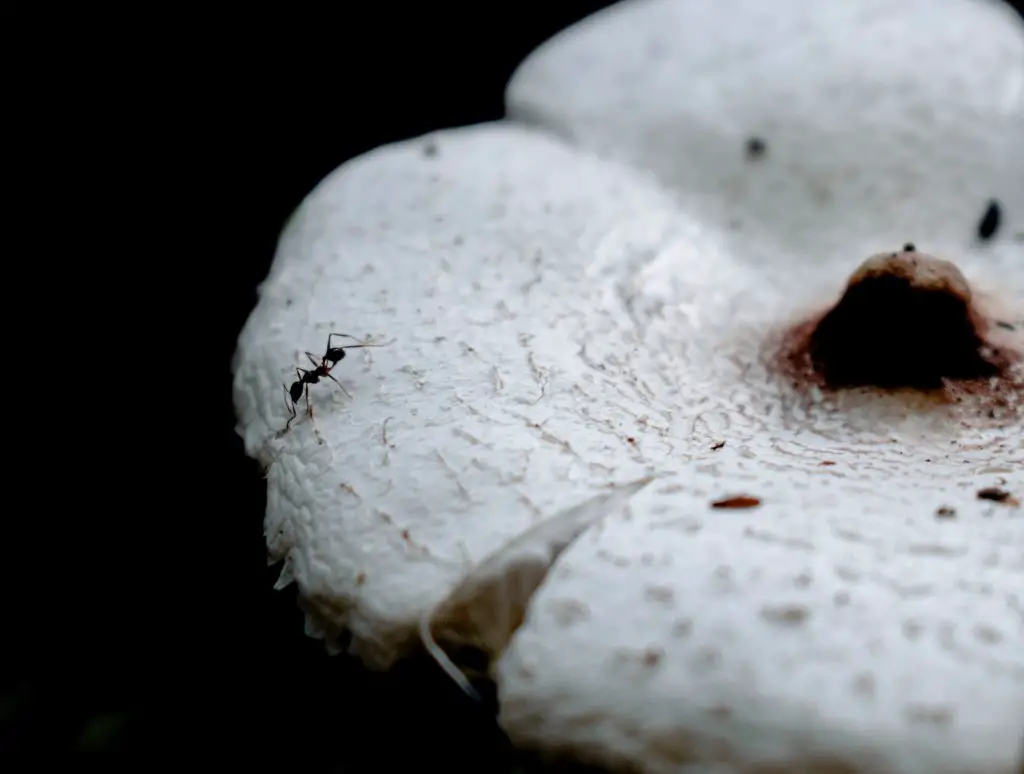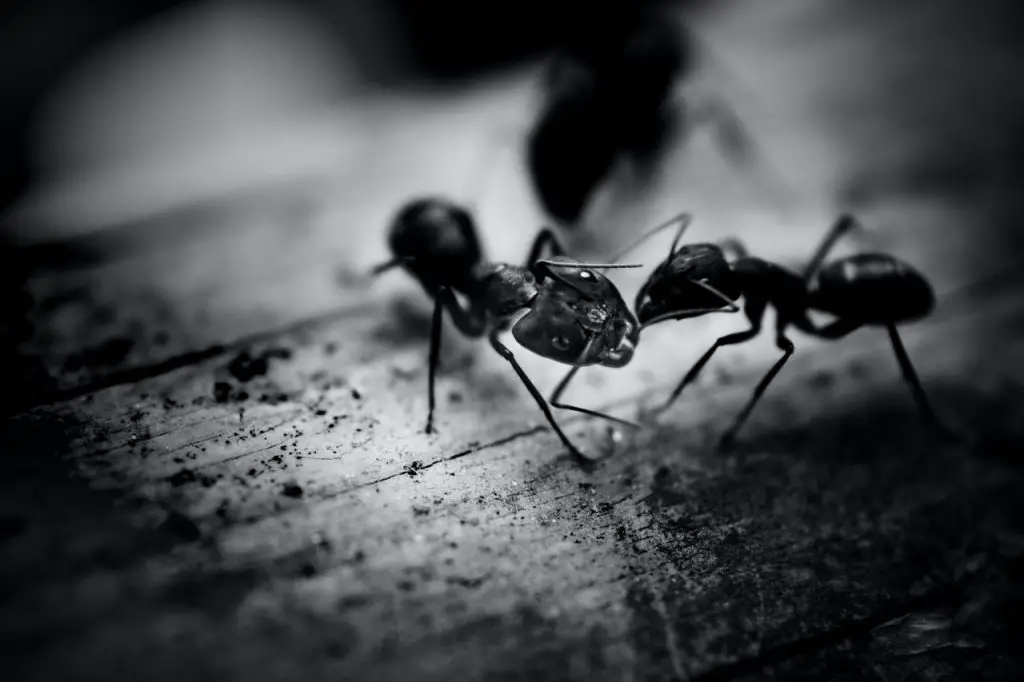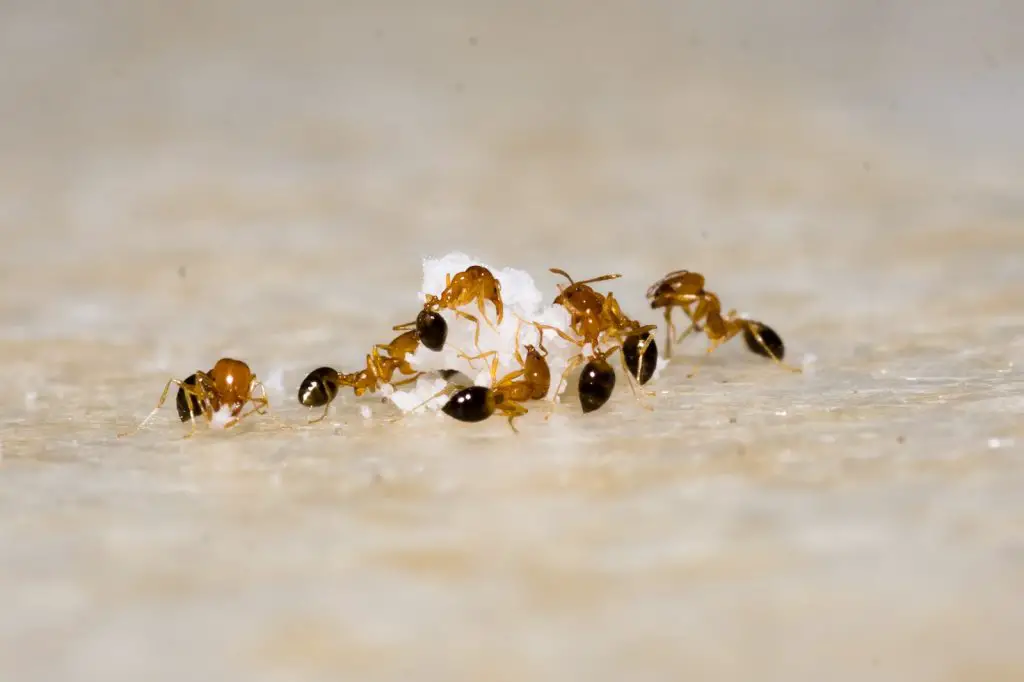Have you ever wondered what ants do in winter? No, they don’t live in our houses over the winter – they go into hibernation! Here’s how it works: When the temperature drops below 50 degrees and there is no food available, ants will retreat to a nest where they remain until the warm weather returns. Read more about this fascinating thing that ants do to survive!
Where Do Ants Really Go In Winter?
Where do ants really go in winter? It’s a question that has long perplexed scientists and casual observers alike. Do they simply disappear, going into some sort of hibernation until the warmer months return? Or do the winter months. Hibernating ants will typically burrow underground where it is warm and dry, while active ants will huddle together in groups to keep warm.
Interestingly, neither strategy is foolproof. Hibernating ants are at risk of being eaten by predators or contracting diseases, while active ants are susceptible to freezing temperatures. Nevertheless, both methods allow ants to survive the winthey stick around, braving the cold weather as best they can?
As it turns out, the answer is a bit of both. Depending on the species of ant, they will either hibernate or remain active throughout ter and emerge unscathed come springtime.
Are Ants Cold Blooded?
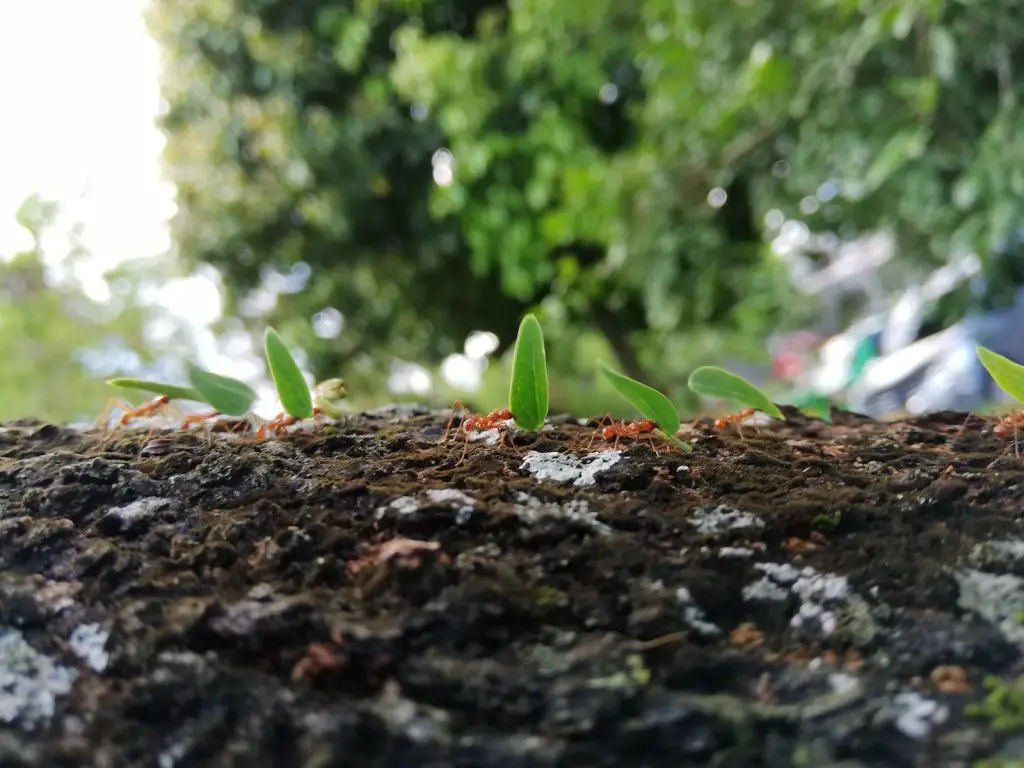
Yes, ants are cold-blooded. Cold-blooded creatures are those whose internal temperature varies with the surrounding environment. Ants are ectothermic, meaning they can’t generate their own body heat and must rely on the sun or other sources of warmth to regulate their body temperature. In warm weather, ants are very active; in cooler weather, they slow down and become less active.
What is the Ant’s Hibernation Cycle?
The ant’s hibernation cycle is a process whereby the ant enters a state of inactivity in order to conserve energy and survive during periods of unfavorable environmental conditions, such as winter. The cycle begins when the temperature starts to drop and the days grow shorter. The ant then stops eating and begin to stockpile food reserves.
Once the food reserves are exhausted, the ant will enter a state of torpor, during which its body temperature and metabolic rate decrease drastically in order to conserve energy. The ant will remain in this state until the environmental conditions improve, at which point it will come out of hibernation and resume its normal activities.
How Do Ants Know When to Hibernate?
How do ants know when to hibernate? Well, it’s actually quite a fascinating process. Ants are able to sense changes in temperature and humidity, which cues them to start preparing for winter. They’ll begin collecting food and storing it away, as well as creating insulated nests to keep them warm.
Once the weather starts getting colder, the ants will huddle together in their nests and enter into a state of dormancy. This ensures that they don’t waste any energy during the winter months when food is scarce.
Do Ants Die In Winter?
Do ants die in winter? It is a common question asked by many people. The answer to this question is both yes and no. Some ants do die during the winter, but not all of them. There are several factors that determine whether or not an ant will survive the winter.
One factor is the type of ant. Some species of ants are more tolerant to cold weather than others. For example, carpenter ants are more likely to survive the winter than other types of ants. Another factor is where the ant colony is located. Ants that live in warmer climates are more likely to survive the winter than those who live in colder climates.
Finally, the size of the ant colony also plays a role in survival rates. Smaller colonies are more likely to lose members during the winter, while larger colonies have a better chance of surviving.
Why Would An Ant Need To Hibernate?
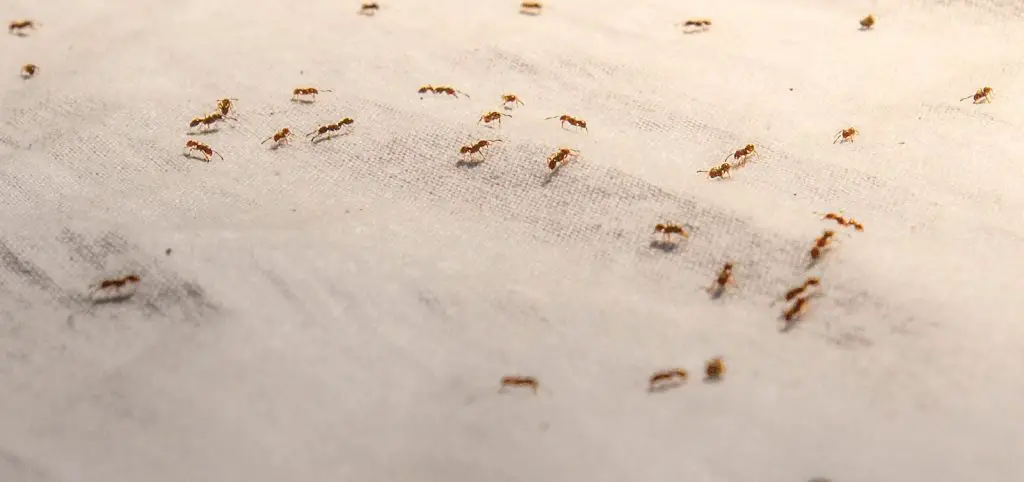
Here are many reasons why an ant would need to hibernate. One reason is that ants are cold-blooded creatures, meaning that they cannot generate their own body heat. This makes them particularly vulnerable to the cold weather and they need to hibernate in order to survive.
Another reason why ants need to hibernate is because they rely on food sources that are not available in the winter months. For example, many ants feed on nectar and other sweet liquids which are not present during the winter. Hibernation allows ants to preserve their energy and resources until springtime when food becomes more plentiful again.
Finally, hibernation helps ants avoid predation. Many animals that prey on ants, such as snakes and spiders, are less active in the winter months. By remaining hidden and inactive during this time, ants can avoid becoming easy targets for these predators.
Conclusion
Scientists believe that ants go into a state of dormancy in winter to survive the cold. While we may not see them as much during this time, they are actually hard at work underground preparing for the next season. Ants are amazing creatures that have adapted to survive in many different climates and environments. The next time you see an ant, think about all the fascinating things they do to keep themselves alive and thriving.

